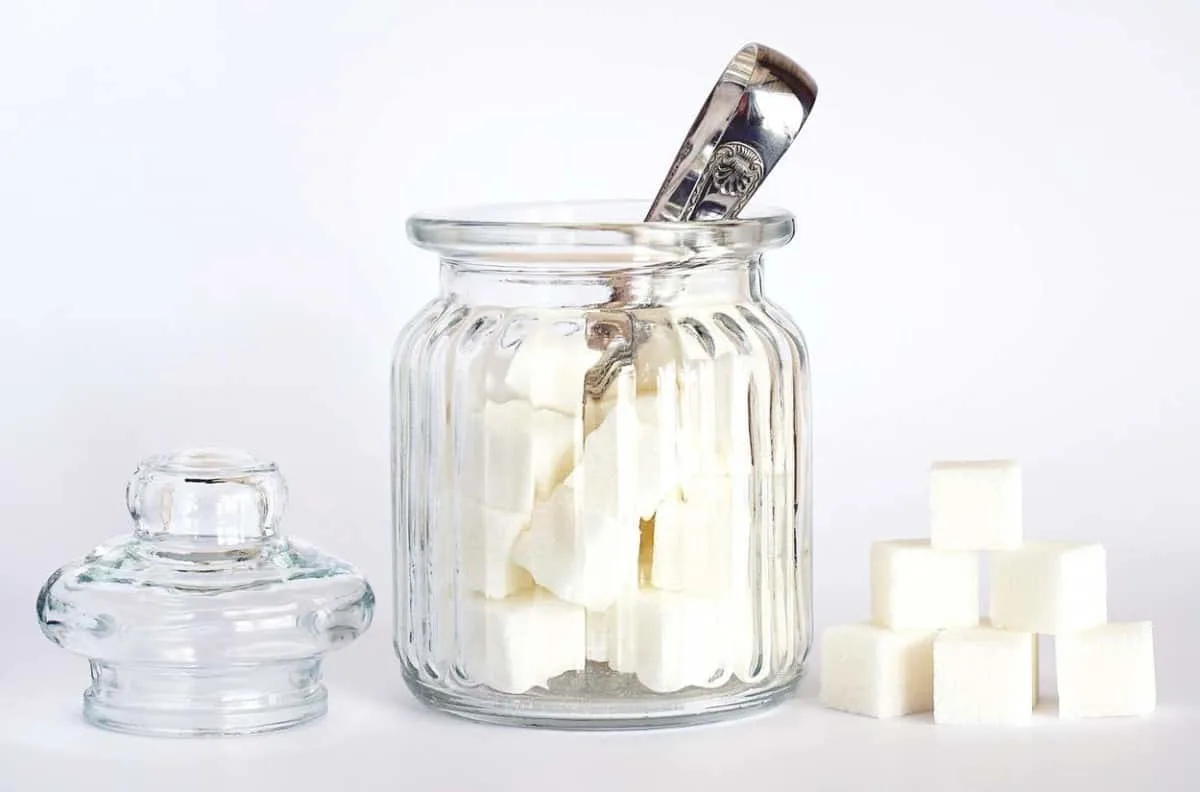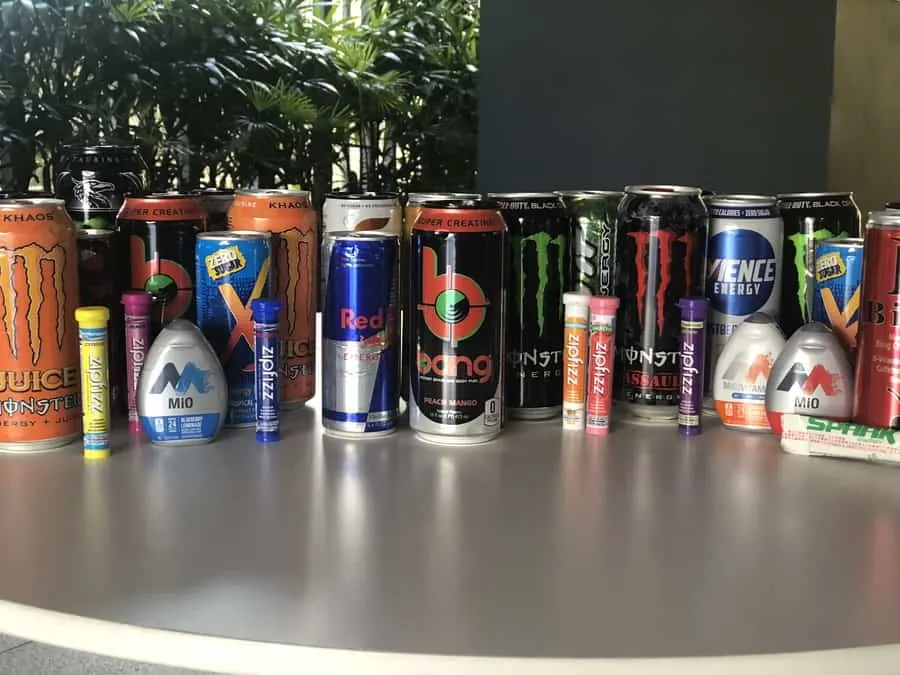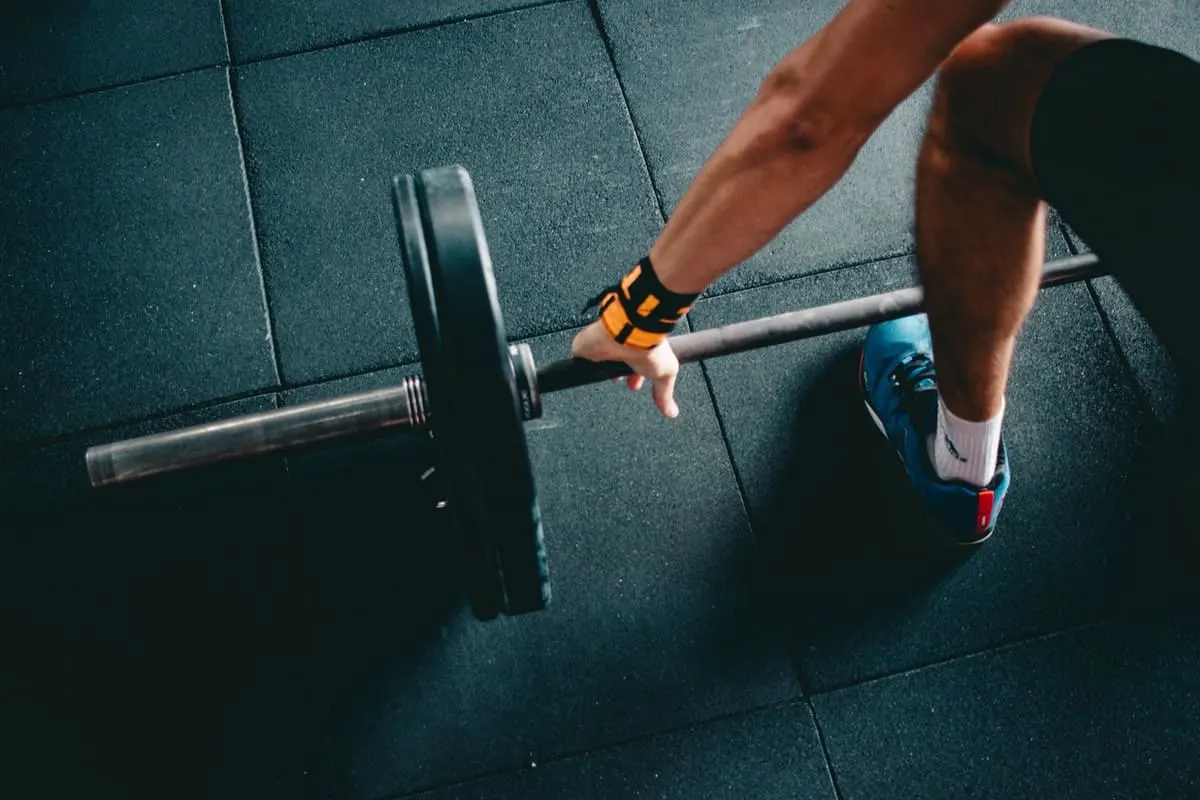The claims made about energy drinks are bold. Some are true and some are just plain misleading. One popular claim is:
‘Energy drinks make you fat.’
It’s a vague claim, but it’s enough to grab your attention, especially if you’re a fan of energy drinks and staying healthy. But do they really? Do energy drinks make you fat?
The short answer is, sugary energy drinks might lead to weight gain, especially if consumed often. Although certain energy drinks utilize artificial sweeteners (which have no caloric value) as a sugar replacement, excessive use might still result in weight gain. However, energy drinks will have little to no influence on your weight if you consume them in the proper amount.
Keep reading if you want a deeper dive into this topic.
Contents
Prominent Ingredients in Energy Drinks
Let’s go through the usual ingredients found in energy drinks before getting into the specifics of their harmful effects. Then, we’ll talk about how they’re used and whether or not they have significant effects on our weight.
Caffeine

Because of its stimulating effects, caffeine is the most common ingredient found in energy drinks.
Caffeine works by blocking the adenosine receptors, a chemical in our bodies that promotes drowsiness). By doing so, it makes us feel more alert and awake. Moreover, Riboflavin (vitamin B-2), niacin (vitamin B-3), magnesium, potassium, and different phenolic compounds, or antioxidants, are among the nutrients found in coffee that prove to be beneficial.
Caffeine is a stimulant that works rapidly. Caffeine’s effects peak after 30-60 minutes of intake but gradually fade after 5 hours. It eventually leaves your system after about 12 hours, but it may cause side effects such as tiredness depending on your tolerance.
Caffeine is an aid to most individuals who are always on the go or go to extremes, so it is extensively marketed in sports, in-office corridors or halls (vending machines), and even in universities.
Here are some other benefits of caffeine:
- Improve energy levels
- Can boost metabolic rate
- Improve physical performance
- Contains nutrients
- Antioxidant
Although caffeine may be beneficial from time to time, overconsumption may lead to health risks. Some of these are:
- Anxiety
- High blood pressure
- Insomnia
- Jitteriness
- Palpitations
The Right Amount of Caffeine
So what’s the right amount of caffeine?
Caffeine intake for healthy individuals should not exceed 400mg per day, according to the FDA. However, if you have a poor tolerance, 50-100mg of caffeine may be beneficial. Regardless of your tolerance, you should limit your caffeine use.
Does Caffeine Make You Gain Weight?
No, caffeine does not make you gain weight.
It does, however, negatively affect your sleep, which is a factor in weight gain. But as long as you consume the right dosage, caffeine will have minimal to no effect on your weight.
In fact, it contains antioxidants and is something that can boost your mood and physical performance.
If you want to learn more about caffeine here’s a video you can watch:
Sugar
Another typical component in energy drinks is sugar. Sugar is not only used to give beverages a sweet flavor, but it is also a calorie or carbohydrate that is converted into energy.

Energy drinks are made with a lot of sugar in them, but some companies are offering sugar-free energy drinks by using artificial sweeteners instead.
Surprisingly, sugar, in adequate amounts, may be beneficial. Here are some of the ways sugar is helpful for you:
- Can give you immediate burst of energy
- Helps store energy for later use
- Can improve thinking skills
- Has added nutrients
The American Heart Association (AHA) advised a specific quantity of sugar per day. About 6 teaspoons (24g) for women, and no more than 9 teaspoons (36g) for men.
Excessive consumption may lead to:
- Causes blood sugar to plummet
- Increases risk of obesity and heart diseases
- Accelerates aging
- Interferes with immune function
- Causes tooth problems
Does Sugar Make You Gain Weight?

Sugar makes you gain weight if you take excessive amounts of it.
Since sugar is a type of carbohydrate and calorie, eating excessive amounts may lead to weight gain and even chronic health issues such as heart diseases.
Moreover, sugar is often high in calories while it offers few nutrients. It also impacts hormonal levels like elevating blood sugar levels which can then, in turn, cause serious harm to your body, including weight gain.
Excess sugar consumption can lead to overeating by raising the levels of the hunger-promoting hormone ghrelin while decreasing the appetite-suppressing hormone peptide.
To know more about the significance of excessive amounts of sugar in weight gain, here’s a video by UW Medicine:
Now that you have a quick overview of how prominent ingredients in energy drinks work and how they may be significant in weight gain, let’s head over to the main question:
Do energy drinks make you gain weight?
Do Energy Drinks Make You Gain Weight?

Energy drinks can make you gain weight if taken in excess as they are primarily heavy in calories and sugar.
As we all know, energy drinks are processed and may include chemicals or substances that contribute to weight gain.
However, some brands are now promoting zero-calorie and sugar-free variations, which, if taken responsibly can help you with your diet. Here’s an article we have on zero-calorie energy drinks if you’re interested in knowing more about it.
With that said, zero-calorie energy drinks do not mean that they are healthier than those with sugar or calories.
Energy drinks that use artificial sweeteners to substitute for sugar can also lead to some risks, such as weight gain.
Artificial sweeteners such as sucralose and acesulfame potassium are 200-600 times sweeter than sugar; they may contribute to the risk of obesity despite having no caloric components.
In fact, artificial sweeteners tend to interfere with the body’s capacity to calculate calories, which means that sugar-free or any diet beverages may promote weight gain rather than weight loss.
Can 1 energy drink a day harm you?
Consuming one energy drink a day is generally considered safe for most healthy adults. However, it’s important to keep in mind that energy drinks contain high levels of caffeine and other stimulants that can have negative health effects if consumed in excessive amounts or if you are sensitive to these ingredients.
It’s important to note that the potential risks associated with energy drinks vary from person to person, and some people may be more sensitive to the effects of caffeine and other ingredients found in these products. Additionally, it’s a good idea to speak with a healthcare professional if you have any concerns about the safety of consuming energy drinks.
What are the positive effects of energy drinks?
Energy drinks can provide a number of positive effects for some individuals, including:
- Increased alertness: The caffeine and other stimulants found in energy drinks can help improve cognitive function and increase alertness, making it easier to stay focused and productive.
- Improved physical performance: Energy drinks can provide a temporary boost in energy and performance, making it easier to engage in physical activity or exercise.
- Improved mood: The caffeine and other ingredients in energy drinks can help improve mood and reduce feelings of fatigue and lethargy.
- Increased metabolism: Caffeine has been shown to stimulate metabolism, which can help increase energy expenditure and aid in weight loss efforts.
- Convenience: Energy drinks are a convenient and portable source of caffeine and other stimulants, making them a popular choice for busy individuals who need a quick energy boost.
However, it’s important to keep in mind that the potential benefits of energy drinks vary from person to person, and that excessive consumption of these products can have negative health effects.
Helpful Ways to Lose Weight
If you’re looking for strategies to slim down your waistline and adopt a healthy weight, here are some pointers to get you started:
Read Nutritional Labels

Reading and understanding product nutritional labels may help you make better choices and figure out how a specific meal fits into your daily calorie allotment on your weight management plan.
Cut Down Junk and Processed Foods

Meals rich in calories, sugar, and fat are often found in junk food and processed foods. As a result, they’re considered a major contributor to the obesity epidemic and a driving force behind the onset of some chronic illnesses.
Adopting a junk-food-free diet has several advantages, including weight loss, stronger bones, improved digestion, a sharper memory, and a healthier heart.
Drinking More Water

According to certain studies, drinking water might help you burn calories.
Water can temporarily boost the body’s resting energy expenditure or the number of calories expended when at rest. Because the body expends energy, or calories, to heat up the water for digestion, drinking cold water may boost water’s calorie-burning effects.
Eat Foods That Are High in Fiber

Fiber-rich foods can help you feel fuller for longer, which is ideal for weight loss. Fiber can be found in vegetables, grains, beans oats, and lentils.
Get Active

While you’re burning calories, more exercise increases the number of calories your body utilizes for energy or “burns off.” When you burn calories via physical exercise while also reducing the number of calories you consume, you create a “calorie deficit.” This results in weight loss.
In addition, getting active can reduce the risk of certain diseases such as cancer, diabetes, and heart diseases.
30 minutes of exercise a day might be beneficial, but you should speak with your doctor or a trainer for a more tailored weight reduction program.
Adopt a Healthy Diet

You may also adopt a healthy lifestyle by consuming more whole meals and avoiding sugary foods. I’m not a health specialist, so speaking with your doctor about your diet may be beneficial and a more precise diet recommendation based on your body type.
How Often Should You Drink Energy Drinks?
If you decide to consume energy drinks, you can limit your intake to the recommended sugar limit by AHA. It is as follows:
| Daily Limit (Sugar) | |
| Men | 36g |
| Women | 24g |
Drinking energy drinks on occasion has little to no influence on your weight or general health as long as you keep track of your intake and stick to the guidelines set by experts.
However, if you’re still looking for a boost or elevating your energy and mood, you can try sugar-free or no-calorie energy drinks. But like mentioned, these will unlikely cause you any weight gain as long as you consume the right dosage.
o energy drinks affect my weight loss journey?
Energy drinks can potentially affect weight loss efforts in a number of ways. Some factors to consider include:
- Calories: Many energy drinks contain added sugar and other high-calorie ingredients, which can contribute to weight gain if consumed in excess.
- Appetite: The caffeine and other stimulants found in energy drinks may suppress appetite, which can make it harder to maintain a healthy diet and achieve weight loss goals.
- Sleep: Consuming energy drinks later in the day or evening can disrupt sleep, which can negatively impact metabolism and lead to weight gain over time.
- Exercise: Energy drinks may provide a temporary boost in energy and performance, which can be helpful for workouts. However, if consumed in excess or at inappropriate times, they can lead to dehydration and other negative health effects that may negatively impact exercise and weight loss efforts.
Overall, it’s important to consume energy drinks in moderation and be aware of their potential impact on weight loss efforts. Choosing lower-calorie options or opting for natural sources of caffeine, such as coffee or tea, maybe a better choice for some people. Additionally, focusing on a healthy diet, regular exercise, and good sleep hygiene can be effective strategies for achieving and maintaining a healthy weight.
Conclusion
Energy drinks can make you fat if consumed in excess.
While energy drinks can be useful from time to time, the amount of caffeine and sugar in them might have negative consequences, such as weight gain.
You can always try the sugar-free and no-calorie variants if you’re seeking a boost while trying to avoid gaining any weight, but make sure you get the correct amount. They don’t help you lose weight or prevent you from gaining weight; they’re just ordinary energy boosters that can help you get through the day. However, they should only be taken on rare occasions or just when you need to.
Otherwise, get medical assistance from a dietitian or nutritionist to assist you with weight management and a customized diet that will boost your energy levels.
